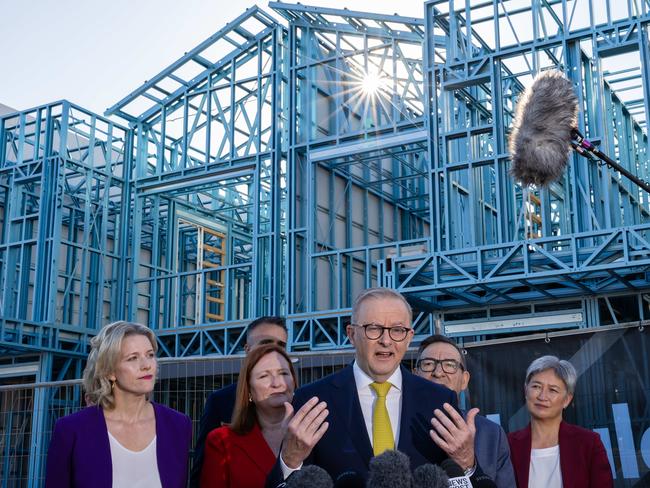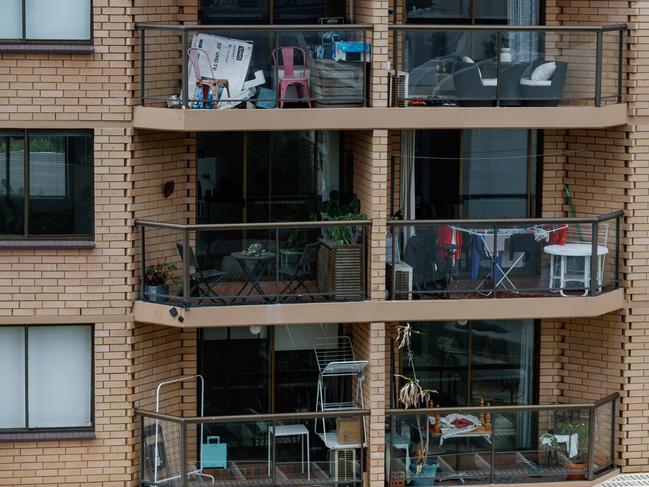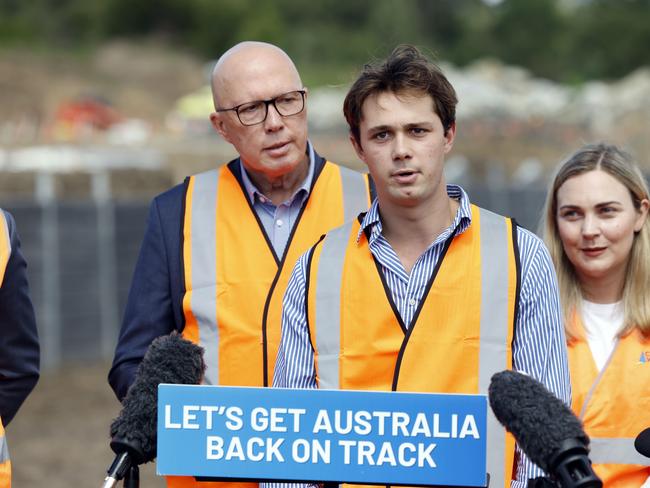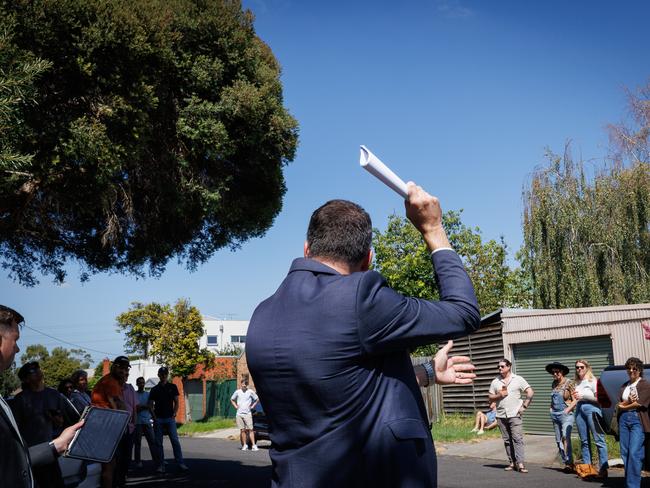‘Especially worrying’: Labor and Coalition housing policies slammed
Economists are “not convinced” the key Labor and Coalition housing policies will actually help first homebuyers, saying they will instead push up prices.
Housing policies from Labor and the Coalition are seriously lacking supply-side measures and will push up prices, economists say.
Economists have raised serious questions about the five-year life span of the Coalition’s pledge to make mortgage repayments tax deductible.
Others say the key policies of both parties will see house prices increase.
The Prime Minister has promised a re-elected government would allow all first homebuyers to get a mortgage with just a 5 per cent deposit. The Coalition promises to make mortgage repayments tax deductible for five years.
University of South Australia housing economist, Chris Leishman, told NewsWire at least one aspect of Labor’s plan should increase the supply of houses, not just raise demand and prices - $10bn to build 100,000 homes exclusively for first homebuyers.

“I actually think it’s refreshing to see a policy, which is stimulating demand, but also it’s doing something about supply-side. So it’s more balanced than usual,” Professor Leishman said.
“I actually think it’s quite good, and I think it’s quite a cleverly thought-out policy. I’m not so convinced about the Libs’ one.”
Housing policy on offer from the Coalition was “pure demand side, there’s nothing on the supply side, so it will be inflationary”, Professor Leishman said.
The Coalition is promising first homebuyers earning under $175,000 will be eligible for a new mortgage tax deduction scheme.
The scheme only applies to newly built homes, but mortgage holders can deduct interest payments on up to $650,000 of their mortgage from their income taxes.
The Opposition Leader says the scheme will run for five years, and should save the average household $55,000.

Professor Leishman questioned whether banks and lenders would even take the deduction into account.
“What happens after five years, though? Presumably they’ve made some capital gain, but at that point they’ll be struggling to pay the mortgage,” he said.
“Is it a prudent idea to encourage people to borrow more money than they can actually afford to repay? Probably not.”
The Coalition says its major supply policy is a scheme to help build water, power, and sewerage at housing development sites.
This is a $5bn promise which Peter Dutton says would “unlock” 500,000 new homes. Nationwide last financial year, $43.2bn was spent on this crucial infrastructure by the public sector.

University of Sydney housing and planning expert Nicole Gurran said capping the tax deductibility for first homebuyers in new homes was misguided.
“The best policy would be to apply this logic to negatively geared investment properties. This would drive new rental supply and even the playing field between first homebuyers and investors without pushing up prices,” Professor Gurran told NewsWire.
“Both sides of politics now recognise barriers to first home ownership but tax deductible mortgages and low deposit schemes simply help aspiring buyers borrow more, pushing up prices.
“This is especially worrying when interest rates are projected to fall, adding to inflationary effects,” she said.
Labor’s promise of 100,000 new homes just for first homebuyers was “promising”, Professor Gurran said.
“It would reboot the government’s historical role in delivering moderately priced land and housing, helping the construction industry too. But subsidies should be recouped for new affordable supply, and the program must be linked to other levers, like inclusionary planning requirements.”

Independent economist Saul Eslake said the Coalition’s super-for-housing scheme, in combination with the tax deductions, “will supercharge housing prices”.
“It will actually make the problem of housing affordability worse,” Mr Eslake told the ABC on Monday.
The Coalition wants Australians to be able to pull $50,000 from their superannuation for a house deposit.
“We have got 60 years of evidence … which shows unequivocally and unambiguously that anything that allows Australians to spend more on housing, which the Coalitions’ two principal policies would do, result in more expensive housing and a smaller proportion of the population owning housing,” Mr Eslake said.
“In other words there might be a few people that can arrange their affairs to take personal advantage of the scheme but the overwhelming result will be to enrich those who already own houses.”

A re-elected Labor government would expand the first-time buyers scheme, where borrowers can put down a deposit of just 5 per cent, saving on lenders’ mortgage insurance.
“I do (have concerns about the policy) although they are not as big as the concerns I have about the Coalition’s policy,” Mr Eslake said.
“Anything that allows people to pay less for a mortgage, which this policy will do, will result in people borrowing more money and that will in turn result in pushing prices up. This will be of more limited effect than the Coalition’s policy because I think fewer people will take advantage of it.”
On the campaign trail Monday, Mr Dutton said he wanted to see a steady rise in house prices.
“I want to make sure that house prices steadily increase and we’ll do that if we get the supply-demand equation right,” he told reporters.
“I want to see them steadily increase. I don’t want to see a situation where Labor crash the economy and somebody who’s paid $750,000 for a house today is worth $600,000 in 18 months time … That would be a disaster; people would be sitting on a house that is worth less than their mortgage,” he said.
“We are creating 500,000 new homes through our $5bn fund to help councils with critical infrastructure. That’s an important part of our policy.”



